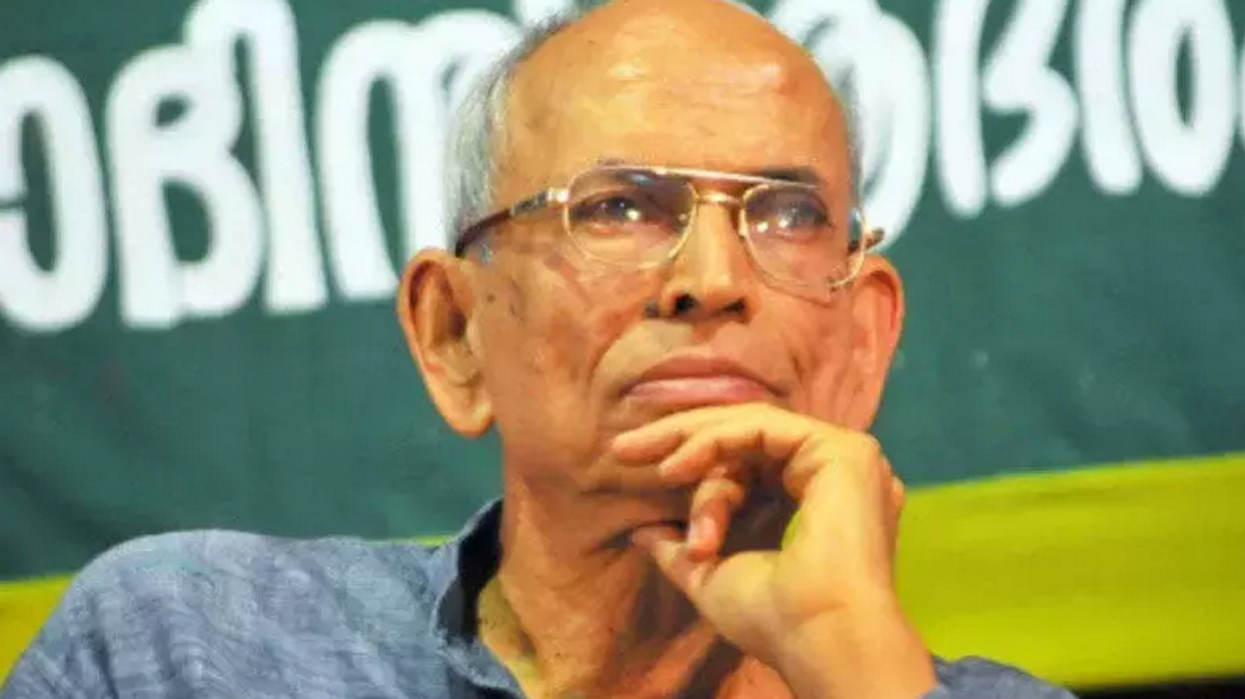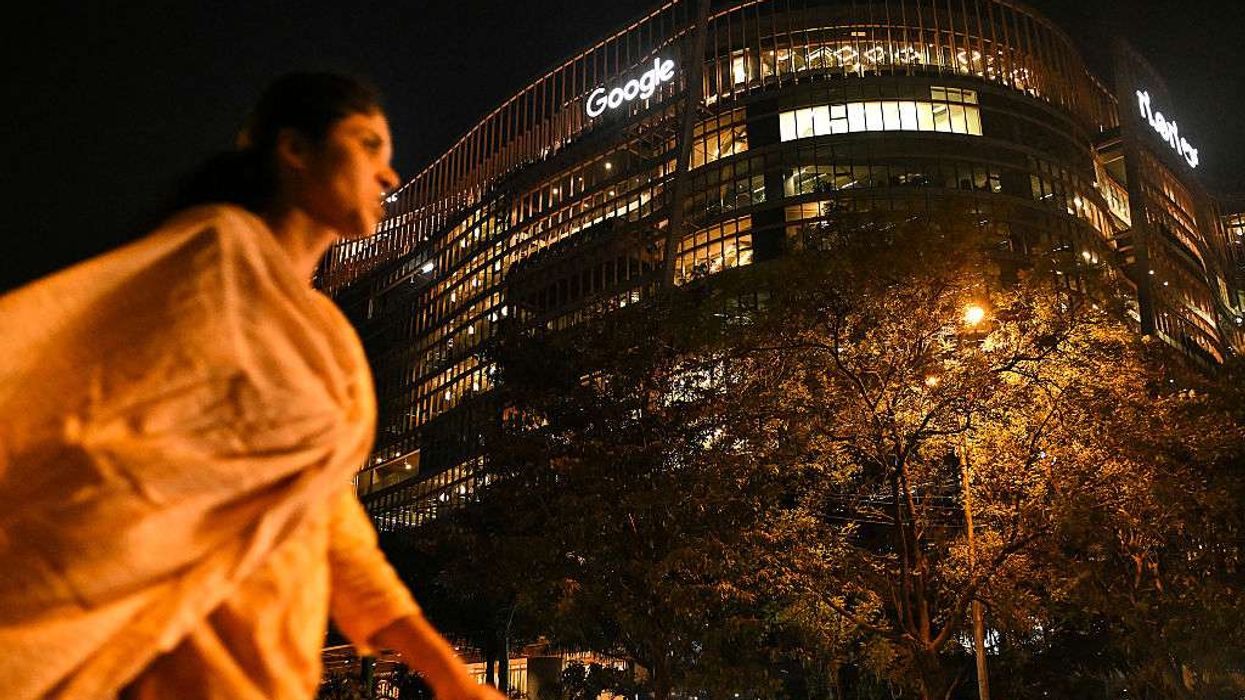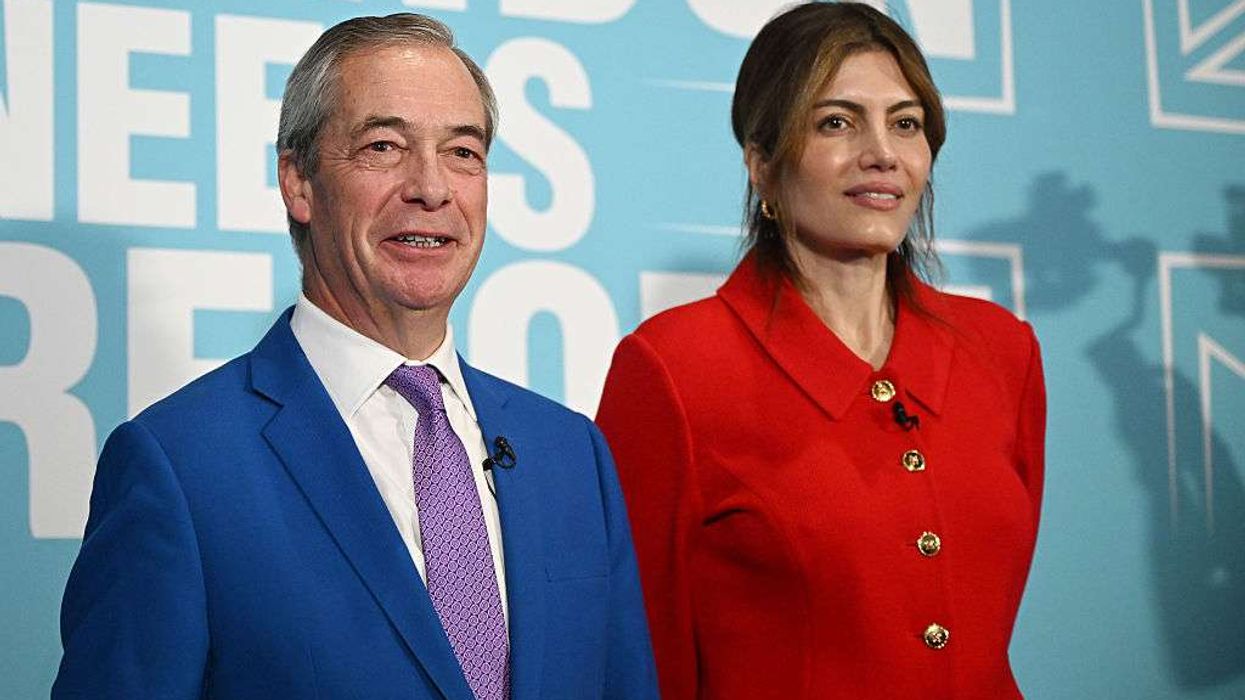by ASJAD NAZIR
MUSIC legend Apache Indian used his warrior-like spirit to break down barriers and shatter glass ceilings in the music industry, but today he is fighting battles of a different kind.
He is on the front line speaking out against injustice and carving out a path for new talent
with his music academy. His superb last single Punjabi Girl showed that the singing sensation still has an ability to deliver world-class hits, but his track also did not get the support it deserved from the publicly funded BBC Asian Network last year.
When Eastern Eye caught up with Apache Indian, he spoke his mind about the music industry, his amazing career, the battle with the BBC, being fearless and his concerns over
a lack of new talent.
Have you ever looked back on your musical journey?
I look back at my musical journey daily in some way and can only give thanks to god for the guidance, strength and blessings throughout my career. I am thankful for both the good and bad times, all of which have contributed to making me who I am today, both personally and professionally.
Would you consider writing a book about your amazing journey?
I am currently writing a book and also in discussions with a few key people about an Apache Indian movie. I want people to see the struggle and reality of my career, as opposed to just what they see on television or what they think they know, because that’s not the real business of music.
What keeps the musical fire inside you burning so brightly?
The musical fire within me will burn as long as I am alive and beyond, as I share my life, views, emotions, soul, spirit, dreams and my prayers all through my music and what I stand for every day.
What is your opinion on the British Asian music scene today?
The scene has lacked an infrastructure for many years. There’s no legitimate platform for British Asian artists. Award shows have come and gone, there’s little or no unity among artists, the people in the industry have become selfish and care only about their personal gain. Nobody seems to be interested in educating or genuinely supporting new artists or making suggestions of how the industry can move forward and grow.
Tell us more…
All I see is the same old Asian mentality of jealousy, power struggle, deceit and favouritism. That’s never going to result in new talent in the industry and, eventually, the charts. It’s our duty to help find and develop Asian talent who can be good enough to shine among the biggest artists in the world because that’s what our scene lacks now. This can only happen with the right guidance, education, integrity and experience. This is what the British Asian music scene needs now or it’s as good as finished.
Does it sadden you that the scene has gone backwards despite pioneers like you smashing down boundaries and shattering glass ceilings?
It’s extremely disappointing and disheartening knowing that I’ve contributed for the past 27 years and continue to do my part, but I can’t do it on my own. We need to come together to create a legitimate scene and put some Asian talent on world stages, because we deserve to be there. If I can do it, others can too. I want there to be more artists who break barriers and gain the respect of the industry beyond just Asians. I’m waiting for the day when artists are bigger than their songs, as opposed to the song being bigger than them.
Why do you think the same level of talent is no longer emerging today?
The talent is out there but no real support for them exists. Labels don’t invest, any idiot can call themselves a manager, and random people are misguiding young people. The internet has been both a blessing and a curse because it gives a platform for the non-talent to be exposed too and they gain popularity through dishonest means with fake followers and likes.
What key changes would you like to see?
I would like to see new blood involved with the scene that is not caught up with organisational politics. I want to see honesty, integrity, drive and commitment replace all the nonsense and ego.
Your last release Punjabi Girl was one of the best songs of 2018, but it didn’t get the support it deserved from the BBC Asian network. How did you feel about that?
I was shocked, because the song featuring Raftaar got early support from Panjabi Hit Squad, Nihal and Bobby Friction on their shows on the network. I wrote it mainly in Punjabi, it features Hindi vocals from Raftaar and links new generations with old. It connects languages, countries, culture and old styles with the new. The song was produced
by British Asian, Charlie Hype with vocal production by the Grammy Award-winning Jim
Beanz in the USA. We personally invested in a big budget video in Mumbai with no label involved.
So you ticked all the boxes and more…
The song had all the elements the Asian Network looks for and has supported early, so I didn’t get it. I spoke to someone who supposedly heads the playlists because I thought maybe I am missing something here, but he had no logical explanation and bluntly told me it would never be playlisted.
That is strange, considering the great single was supported by leading radio, TV and media across the globe…
I am British Asian and the song was better than most of the stuff on their playlist, so I deserved respect and support, but had nothing but rudeness, disrespect and no reason was given.
What are the criteria to get a song playlisted on the network and what qualifications do they have?
Some of them were running around their school playgrounds while I was in the top 10 globally.
Why do you think a great single like that wouldn’t get playlisted?
Politics and egos. They have become very rude and arrogant. They have no real care or understanding of the current music scene. There have been various allegations over the years including serious ones, which should be investigated, in my opinion.
What message do you want to give to the BBC?
No message, but more observations. The network plays no part in the Asian music industry
today. They are not relevant or respected. Do people know that their established DJs have
no say in the playlist? So who makes the decisions? When someone high up in a station
says to me ‘I can make or break you’ in front of six others and degrades me in public, then what does he say to less established artists? The network has had so much controversy surrounding them over the years. I feel they don’t have any form of credible charts/playlists and have lost public confidence. They play more Bollywood than British
music and live in a complete bubble. This is a massive waste of taxpayers’ money that could be spent better. Regional Asian radio stations do a much better job, are more listened to and are in touch with local communities and genuinely support artists.
The radio station didn’t support your song and then invited you to do a ‘no filter’ interview with Bobby Friction, which you accepted. But, then, the network cancelled it; how did that feel?
It was like rubbing salt in one’s wounds. I posted on Instagram saying that I’m doing the show and mentioned their lack of support for my single, so they cancelled my interview. Why call me at all? What did they think I was going to talk about? Why is the Birmingham Asian Network team so disconnected from the London team? Why didn’t the DJs stand up against his decision? People thanked me for speaking out against the network, but they still work at the station. You are all wasting your time as you no longer have any say or control. You don’t have a job without us providing you with music, but some of you seem to have become bigger than music itself.
Do you think authorities and people in the music industry are afraid of real talk?
People seem to have a lot to say off camera but just can’t seem to find the words when it matters.
What other problems do you think exist in the music industry?
I have mixed views on the use of the internet by artists and hate that no one pays for music anymore. Today we see many so-called ‘artists’ who seem to have lot of followers, but have no talent.
What advice would you give emerging artists?
Artists need to better their talent, try to keep up with the ever-changing industry and surround themselves with people who can teach and support them, and guide their careers. It’s important to perform as much as you can. It’s vital to build a real fan base, not just online followers. Lastly, I would like to remind emerging artists that they too are responsible for contributing to the scene.
You have always been fearless, where does that fighting spirit come from?
When you are passionate about something and know you have god on your side, you become fearless. I have always stood up for things that are just not right, either in the music industry or just generally in life, and now after 27 years in the industry, I have nothing to lose and no fear whatsoever to say what is on my mind. Whether someone wants to listen is up to them, but now it’s my time to speak up, because I’ve earned it.
What can we expect from you in 2019?
I plan to release more music and will continue to tour globally. I recently signed UK rapper Yatez and a production/DJ duo called Argenil from Bangalore, India, to my management company Sunset Entertainment Group in the USA, so I’m looking for new, deserving talent.
What are your future hopes for UK Asian music and artists?
I would like to see Asian music awards on national television and become as big as the MOBOs, which is something the network should have done by now. I believe the BBC Asian Network should be shut down completely and investigated. I hope more artists speak up for the sake of music and future of the scene.
And finally, what inspires you today?
Five years ago I set up the Apache Indian Music Academy at Handsworth Campus, South & City College. I use my name and experience to help young people in my community with music and life skills. That’s what inspires me today and gives me a sense of fulfilment. Keep in touch with the movement for real change @apacheindianhq and @aimusicacademy.
*The BBC denied the allegations and said: "Each track is considered for the playlist based on its musical merit and whether it is relevant for our young target audience, with decisions made on a case-by-case basis.
"Asian Network has a proven commitment to supporting new British-Asian talent."











